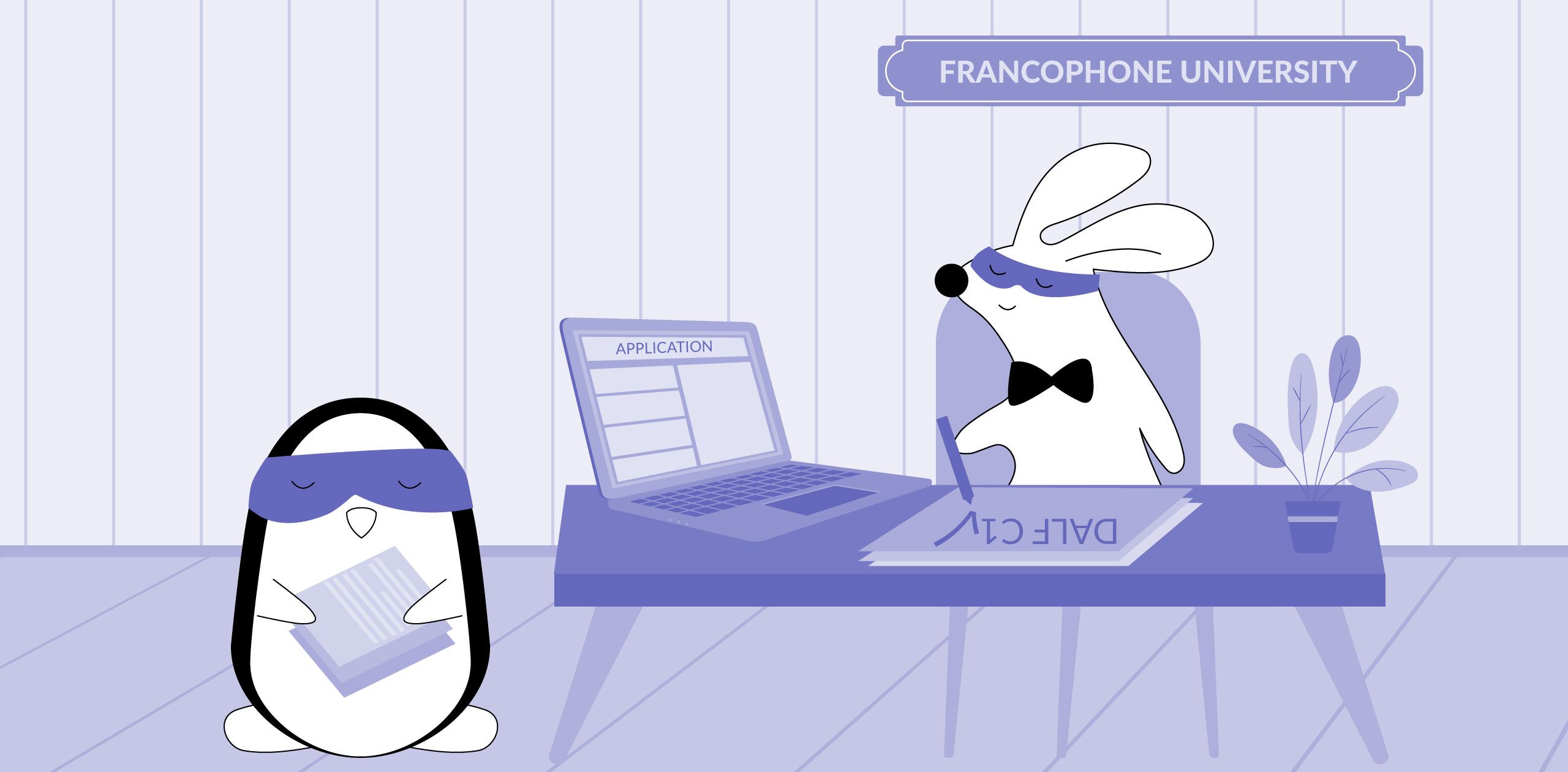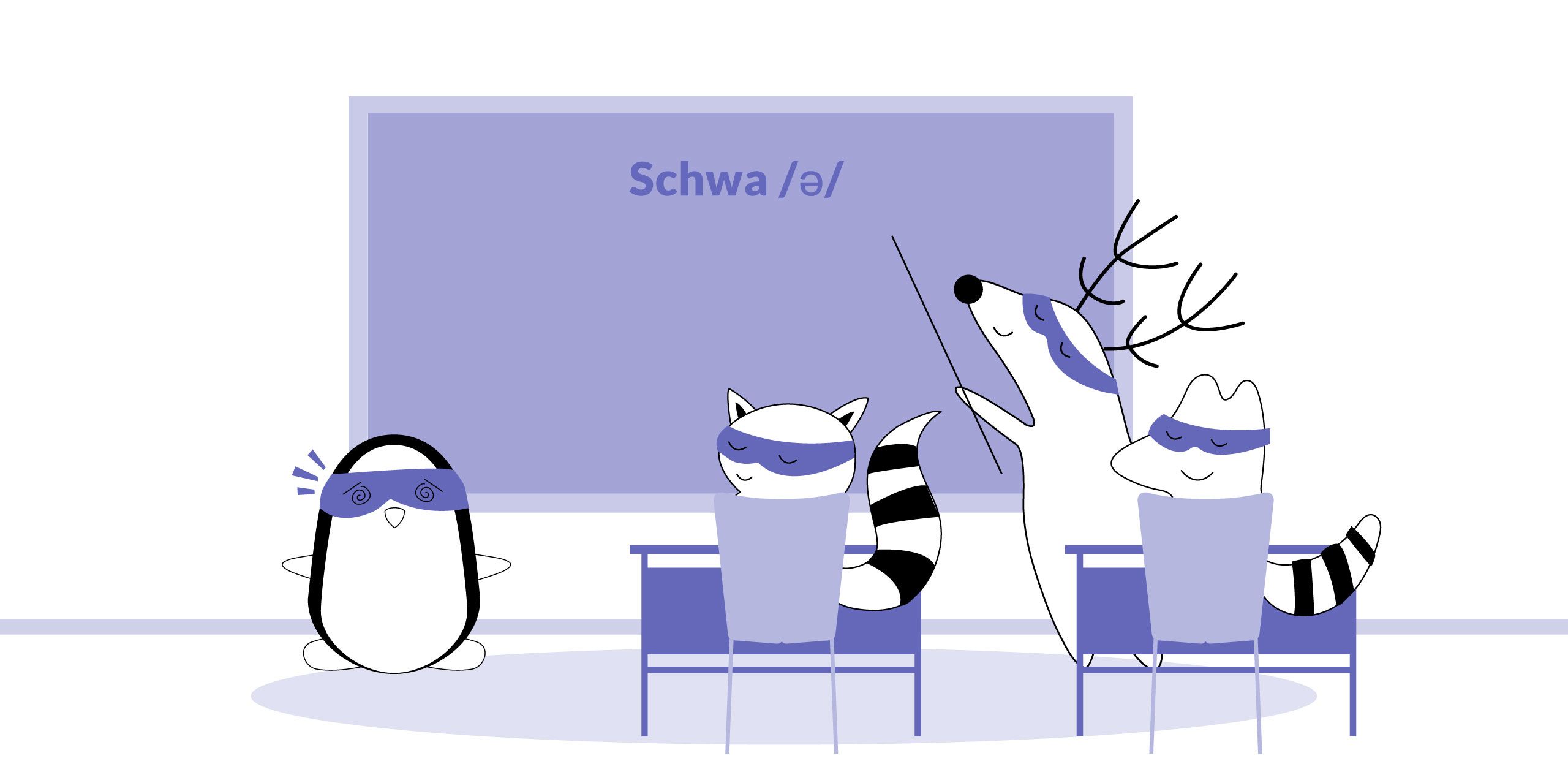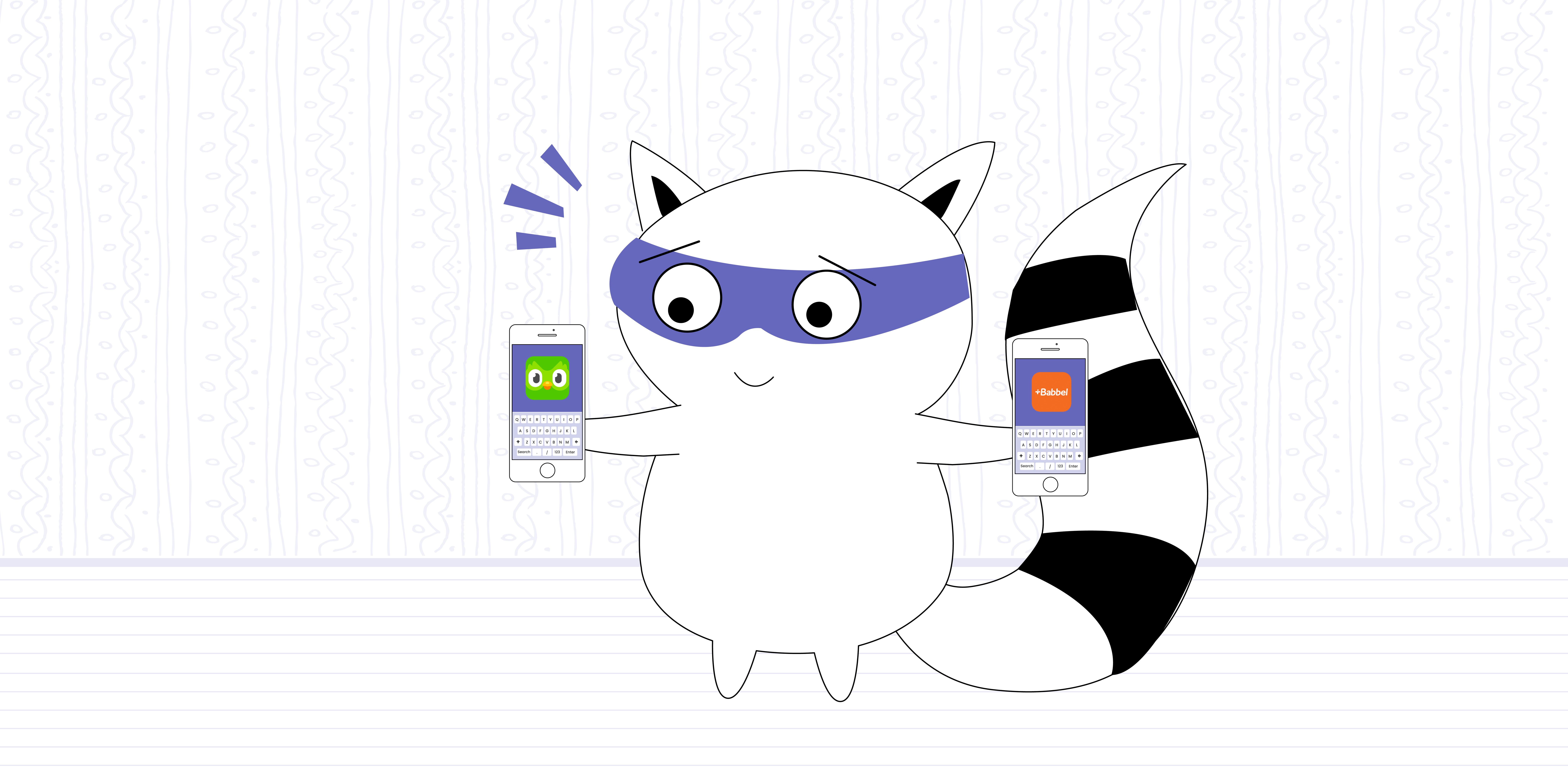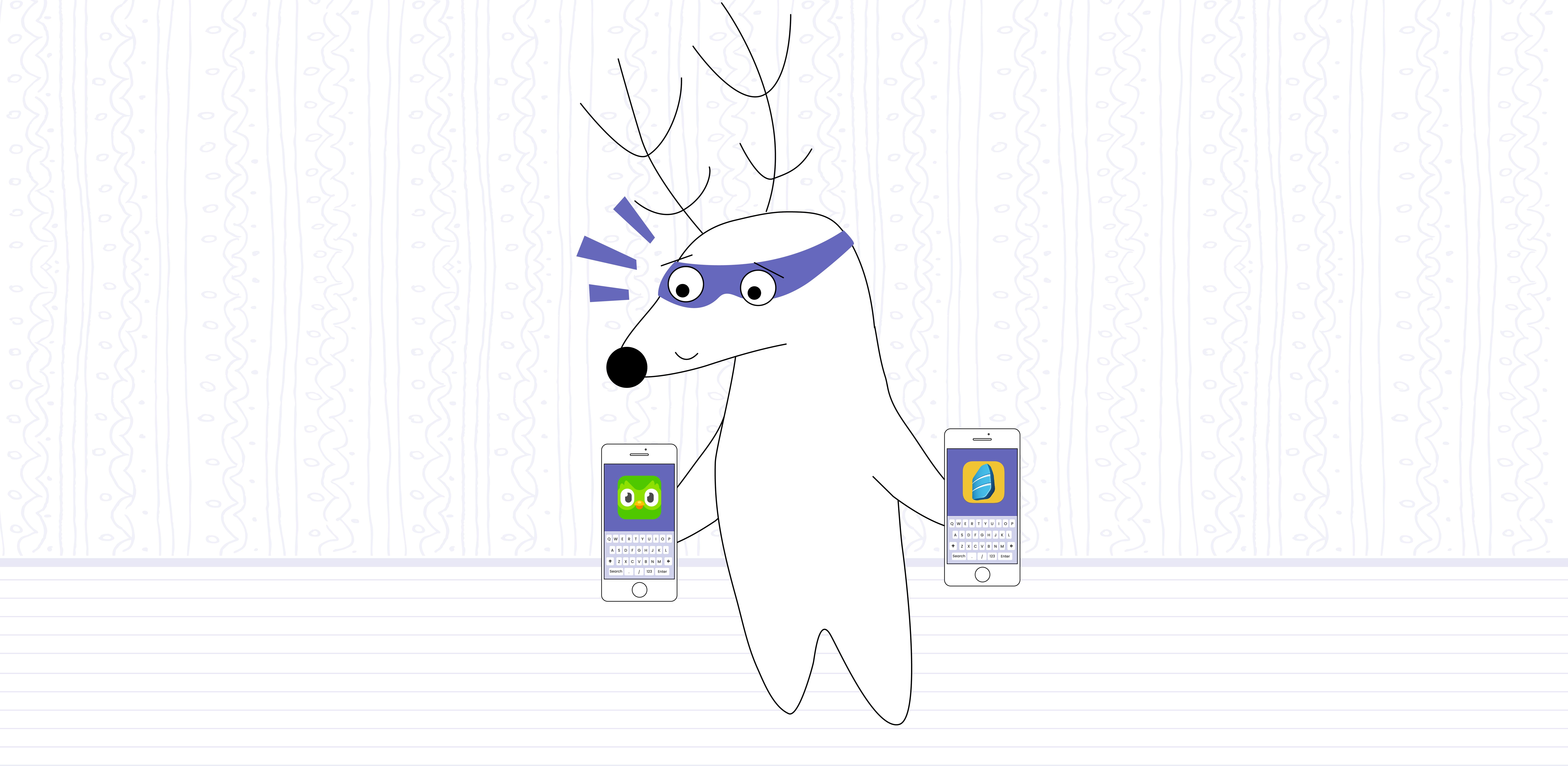
Choosing the right language learning app can be a game-changer in your quest to master a new language. In the digital age, language learning apps like Rosetta Stone and Duolingo have emerged as leaders in the field, each boasting unique features and teaching methodologies aimed at helping users become fluent speakers.
While Rosetta Stone, with its immersive approach, prioritizes learning language through context and real-life situations, Duolingo presents a gamified learning experience that makes language acquisition fun and accessible.
Both Rosetta Stone and Duolingo have significantly influenced how individuals approach language learning today, moving beyond traditional classroom settings into flexible, interactive realms.
Understanding the nuances of Rosetta Stone and Duolingo will empower potential users to make an informed decision, setting them on the right path to language proficiency.
Learn English with Langster
Languages Available
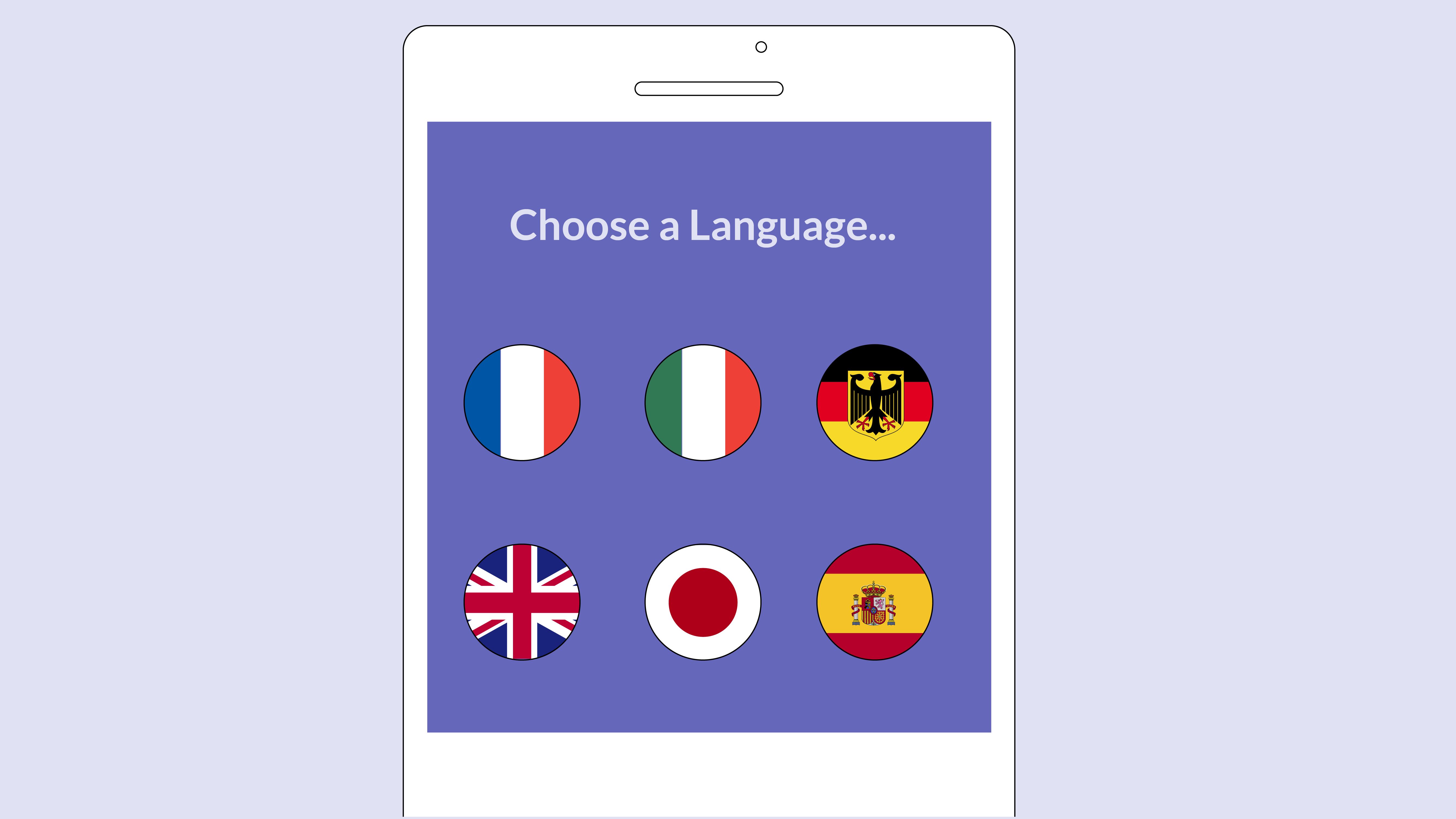
Selecting the best language education app often starts with knowing which languages are available. Both Rosetta Stone and Duolingo cover an array of languages, but their offerings differ significantly, catering to different learner needs and interests.
In this section, we'll explore the languages available on both platforms, shedding light on the extensive and sometimes unique selections that help them stand out in the crowded space of language learning tools.
Languages Offered by Duolingo
Duolingo provides a diverse portfolio of languages, appealing to a wide range of learners. Users can choose from popular languages such as Spanish, French, and German, as well as less commonly taught languages including Swahili, Hawaiian, and even fictional languages like High Valyrian, catering to the interests of Game of Thrones fans.
This broad selection makes Duolingo a versatile choice for users with varied linguistic interests, from those looking to enhance travel experiences to others eager to engage with cultures through their native tongues.
Languages Available on Rosetta Stone
Rosetta Stone's language offerings are more focused on widely spoken languages, offering a selection that emphasizes depth over breadth. With languages such as English, Spanish, French, Mandarin, and Arabic, Rosetta Stone caters to learners looking for comprehensive language proficiency.
The platform's immersive method is particularly well-suited for a target language that benefits from intensive speaking practice and pronunciation exercises, making it a powerful tool for serious learners committed to mastering their language of choice.
Pricing
Understanding the cost of these language learning platforms is crucial for learners who are budget-conscious or seeking the best value for their investment in a new language. Both Rosetta Stone and Duolingo offer various pricing strategies, catering to different needs and preferences.
Below, we'll breakdown the pricing structure for each platform, highlighting the differences between free and premium offerings to help you make a more informed decision.
Duolingo's Prices and Free Version Features
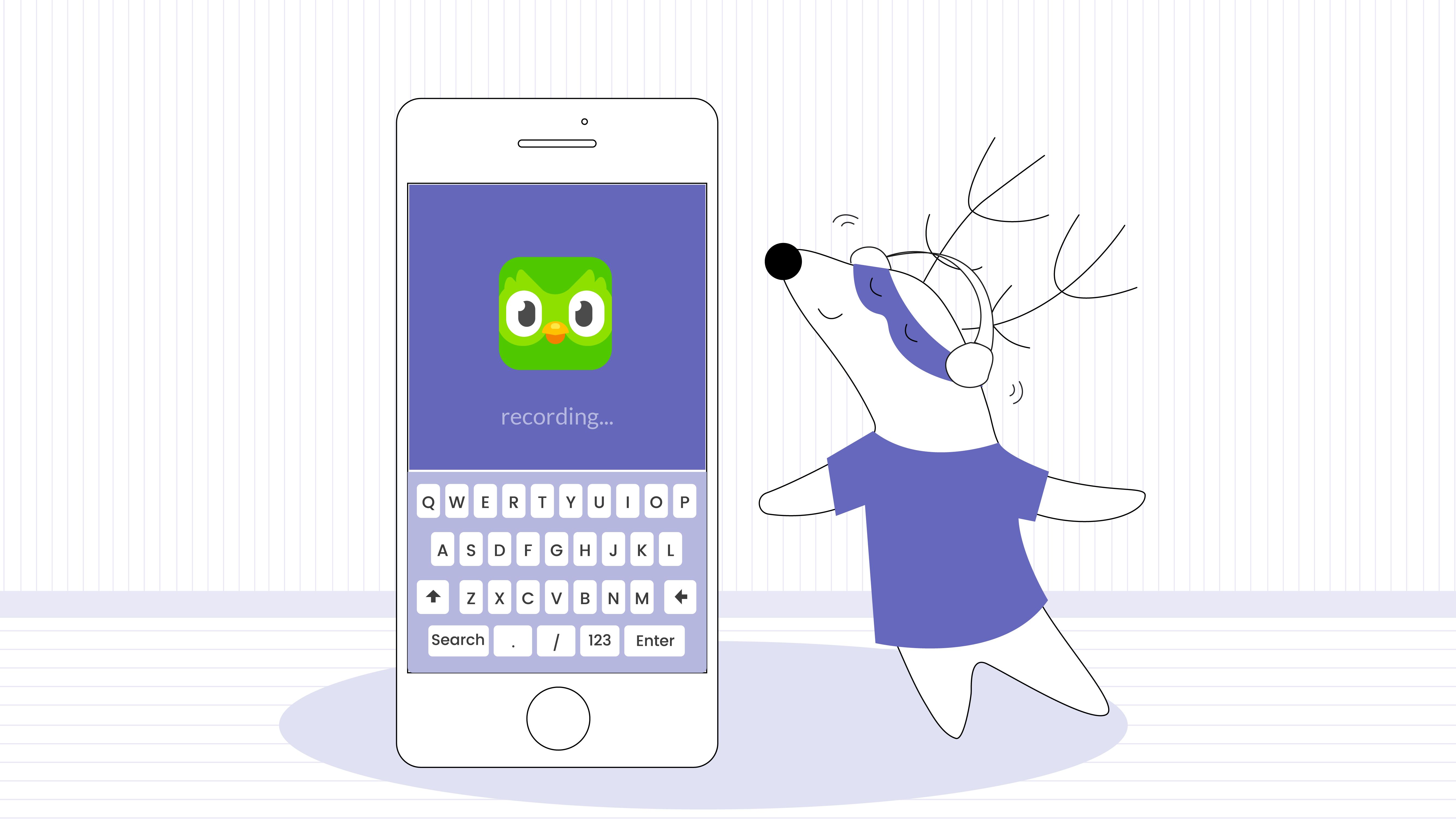
Duolingo operates on a freemium model, allowing users to access most content at no cost. The free version includes:
- Access to all language courses
- Basic lessons that cover a wide range of topics
- Gamified learning experience with in-app rewards
For users looking to enhance their learning experience, Duolingo also offers Duolingo Plus, a subscription service priced at approximately $6.99 per month (pricing may vary depending on the region). Duolingo Plus provides:
- An ad-free experience
- The ability to download lessons for offline use
- Unlimited Hearts (the app's system for correcting mistakes)
Rosetta Stone's Pricing
Rosetta Stone takes a more traditional approach, offering no free version but providing a comprehensive, paid subscription service. Subscriptions are available in varying lengths of time, from 3 months to a lifetime access plan.
Pricing typically starts at around $36 for three months, with the lifetime access priced at approximately $179 (these prices are subject to change and may vary by region). Key features of Rosetta Stone's subscription include:
- Access to all language courses offered
- Immersive learning methodology
- TruAccent™ speech recognition technology
- Live tutoring sessions (at an additional cost)
Language Learning Experience
The user experience and interface of a language learning app can significantly impact a learner's motivation and ability to stick with their studies. A well-designed app not only makes learning more enjoyable but also more efficient, guiding users through their language learning journey with ease and clarity.
User Experience with Duolingo
Duolingo's user experience is highly engaging and user-friendly, designed to keep learners motivated with its gamified language learning program. The app's interface is colorful and playful, making it especially appealing to younger audiences or those new to language learning.
Navigation is intuitive, with clear progress tracking and daily goal settings that encourage consistency. Each lesson incorporates a variety of question types to keep the learning process diverse and entertaining.
The social features, such as leaderboards and clubs, add a competitive element, motivating users to stay on track with their learning goals.
Dashboard and Functionality in Rosetta Stone
Rosetta Stone’s dashboard presents a more streamlined and focused user experience, emphasizing immersive learning. The interface is clean and professional, focused more on the learning content than on gamification elements.
Navigation is straightforward, allowing users easy access to different levels and units of study. The dashboard prominently features speaking and pronunciation exercises, reflecting the app's emphasis on building speaking skills.
The functionality is designed to immerse users in the language, with lessons structured to progressively build on each other, simulating real-world conversations and scenarios.
Focus
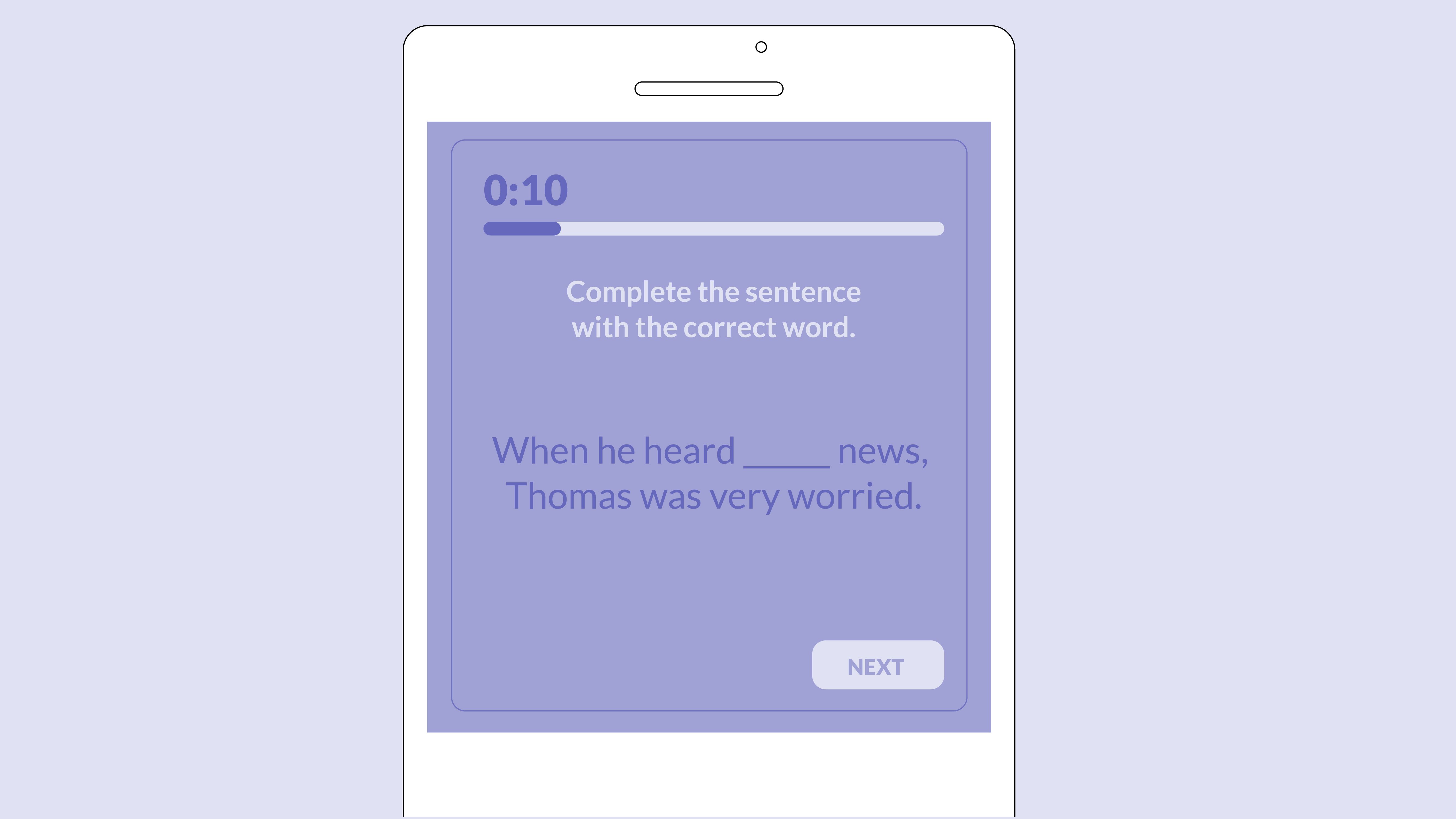
When evaluating the focus areas of both Duolingo and Rosetta Stone, it’s evident that each app has a distinct approach designed to cater to different aspects of language learning and, by extension, different audience needs, no matter their native language.
Duolingo
Duolingo emphasizes a broad spectrum of foreign language skills, including grammar, vocabulary, and pronunciation, packaged in a user-friendly, game-like format ideal for beginners and casual learners. Its methodology ensures learners are continuously engaged, making it an excellent choice for those looking to start a new language or those seeking a fun language learning process.
Rosetta Stone
On the other hand, Rosetta Stone prioritizes an immersive learning experience that focuses heavily on pronunciation, speaking, and listening skills. Its structured approach is particularly beneficial for learners committed to achieving fluency and mastering comprehensive language skills.
This distinction in focus areas means that while Duolingo may appeal to casual learners and those with a gamified learning preference, Rosetta Stone is better suited for serious language learners aiming for depth and proficiency in their language studies.
Types of Exercises
Both Duolingo and Rosetta Stone utilize a variety of exercises designed to enhance language learning through different modes of interaction. These exercises are crafted to cater to various learning styles, focusing on reading, writing, speaking, and listening skills.
By incorporating a diverse set of activities, each platform ensures that learners can thoroughly practice their new language in a contextualized manner, paving the way for a deeper understanding and retention.
Voice Recognition Exercises
Duolingo incorporates voice recognition technology primarily to assess pronunciation accuracy, offering users immediate feedback on their spoken responses.
These exercises require learners to repeat phrases or speak answers aloud, helping to refine their accent and speaking skills in a fun, interactive way. However, the technology's sensitivity and accuracy can vary depending on the user's device and background noise.
Rosetta Stone's TruAccent™
Rosetta Stone's signature TruAccent™ speech recognition technology is a standout feature designed to provide highly accurate feedback on pronunciation. This tool compares the user's speech with that of native speakers, offering precise corrections and guidance.
The emphasis on pronunciation is much stronger here than in Duolingo, with a wide range of speaking exercises integrated into each lesson to facilitate immersive learning and mastery of authentic accents.
Vocabulary Exercises
Duolingo employs a variety of interactive exercises to build vocabulary, including matching words with images, translation tasks, and sentence completion. These activities are designed to be intuitive and engaging, reinforcing new words through repetition and context. The app's spaced repetition system also ensures that learners review words at optimal intervals to enhance memory retention.
Rosetta Stone uses an immersive approach to vocabulary expansion, introducing new words through full-sentence contexts and high-quality images to illustrate meaning without direct translation. This method encourages learners to deduce the meanings of new vocabulary through exposure and usage in conversation rather than memorizing translations, which can lead to deeper understanding and retention of new words.
Examples
For example, users might engage in exercises that place them in a market, requiring them to identify and pronounce the names of various fruits and vegetables in the target language. This method not only teaches specific vocabulary but also how to apply it in everyday contexts, enhancing conversational skills.
Similarly, Duolingo's sentence translation exercises provide practical examples of how vocabulary is used in grammar, improving understanding of language structure. Through these diverse exercise formats, learners are equipped with the tools to communicate effectively in a wide range of situations, from casual conversation to navigating travel in a country where the target language is spoken.
Grammar Exercises
Duolingo integrates grammar instruction seamlessly into its lessons, focusing on learning through practice rather than explicit grammar rules. Users encounter grammatical structures in the context of sentences and conversations. Explanations are provided as needed, which helps in understanding the application of grammar in real-life contexts.
Rosetta Stone's approach to grammar is also contextual, but with a stronger focus on pattern recognition rather than direct instruction. By immersing learners in the language, the platform encourages them to intuit grammatical rules through observation and repetition within realistic dialogues.
This immersive experience aims to simulate natural language acquisition, similar to how one learns their first language.
Cultural Exercises
In addition to language exercises, Duolingo incorporates cultural insight through special lessons that provide background on the customs, traditions, and day-to-day life in countries where the target language is spoken. These lessons enrich the learning experience, offering a broader context for the language and its use.
Rosetta Stone's Culture Lessons
Rosetta Stone takes cultural immersion a step further by integrating culture-specific exercises throughout its courses. These might involve learning about traditional food, historical sites, or common social practices through interactive lessons that use both text and visuals to engage learners deeply in the cultural aspects of the language.
Both platforms utilize these exercises to create a well-rounded language learning experience, focusing not only on the mechanics of the language but also on its practical and cultural applications. This approach ensures learners are not just proficient in speaking and understanding the language but also in appreciating the rich cultural contexts in which it exists.
Language Levels
Both Duolingo and Rosetta Stone offer structured pathways that guide learners from foundational phrases to complex conversations and grammatical structures. This section will explore how each app addresses learners’ needs across these varied levels of language proficiency.
Beginner Level
At the beginner level, Duolingo introduces users to the language through simple, game-like exercises that cover basic vocabulary and grammar. Its user-friendly interface and immediate feedback system make it an attractive option for those new to language learning.
Rosetta Stone, on the other hand, immerses beginners in the language right from the start, using images and native speaker audio to teach vocabulary and phrases without translation, fostering a more natural learning process.
Intermediate Level
For intermediate learners, Duolingo increases the complexity of its exercises, incorporating more challenging vocabulary and grammatical structures. It also begins to integrate stories and conversations that require a deeper understanding of the language.
Rosetta Stone expands on its immersive method by introducing longer and more complex texts and dialogues, encouraging learners to think more critically in the target language and to understand nuanced language use.
Advanced Level
At the advanced level, Duolingo focuses on refining language skills through sophisticated texts and promoting the ability to argue or discuss complex topics in the target language. However, it may fall short for some learners seeking to achieve high-level fluency.
Rosetta Stone aims to bridge this gap by offering advanced learners the opportunity to engage with content that covers a wide range of topics designed to polish fluency and understanding to near-native levels, including cultural nuances and idiomatic expressions.
Editor's Pick
Choosing between Rosetta Stone and Duolingo depends largely on your personal learning style, goals, and budget. If you are a casual learner, appreciate a fun and engaging approach, or need to fit language learning into a tight schedule, Duolingo offers a fantastic, cost-effective solution.
On the other hand, if you are committed to achieving fluency, can dedicate more time to study, and prefer a method that closely mimics natural language acquisition, Rosetta Stone might be worth the investment.
Another Option: Langster
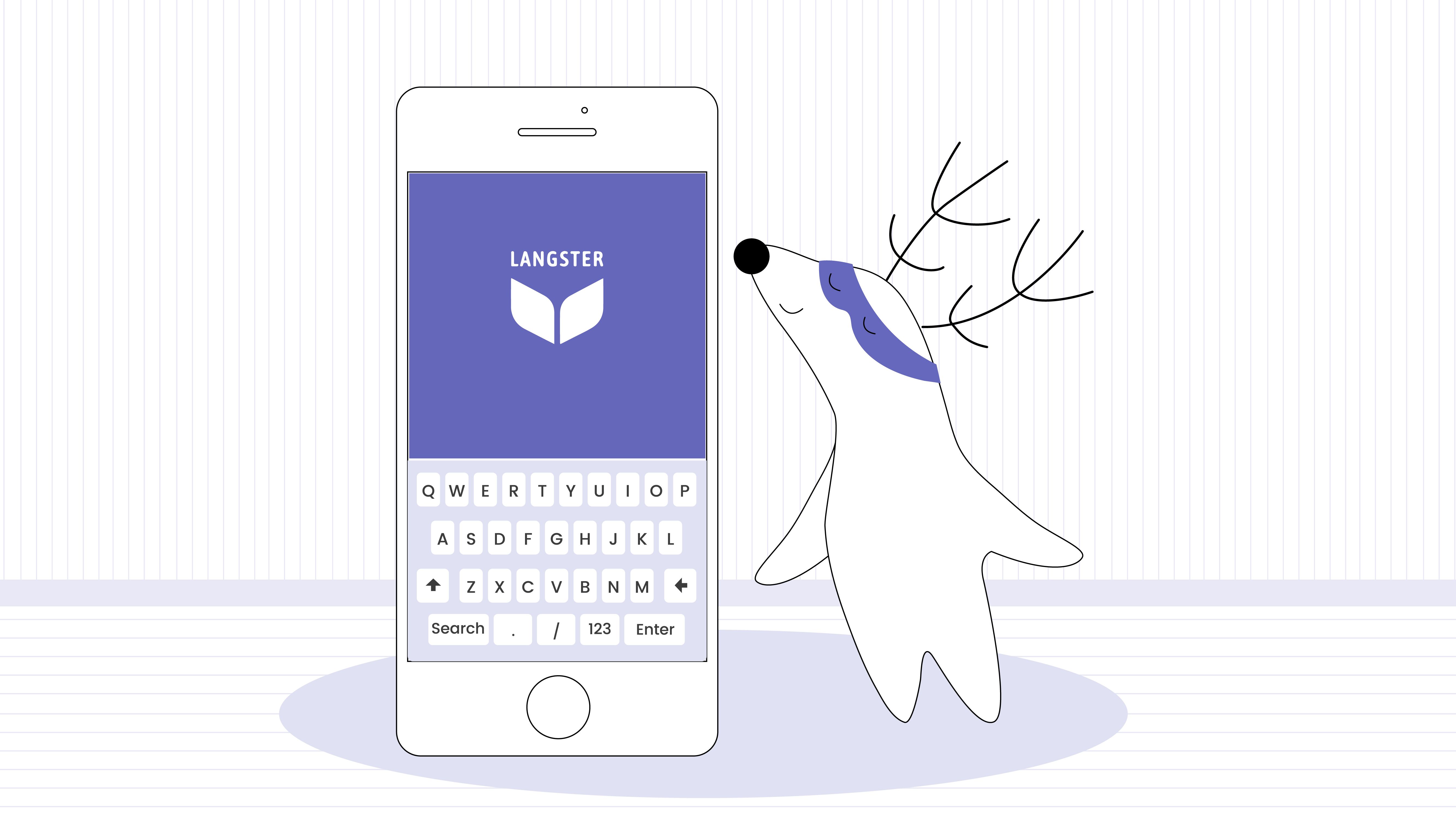
But, there's another option if you're looking to learn languages fast: besides Duolingo and Rosetta Stone, Langster presents an innovative alternative, focusing entirely on learning through real-life stories.
This platform offers learners the unique opportunity to immerse themselves in the language through narratives that reflect everyday experiences, cultural nuances, and practical usage.
One of the key benefits of Langster is its ability to engage users deeply through storytelling, making language learning not just an educational task but also an enjoyable experience.
Stories range across various themes and difficulty levels, ensuring there's content for everyone, from beginners through to advanced learners. This approach aids in building vocabulary, understanding grammar in context, and improving listening and reading comprehension in a natural and memorable way.
Importantly, Langster also highlights the cultural significance behind phrases and expressions, providing learners with a richer, more contextual understanding of the language. For those looking for a method that combines the thrill of uncovering a story with the challenge of learning a new language, Langster might be the perfect fit.
Learn English with Langster







